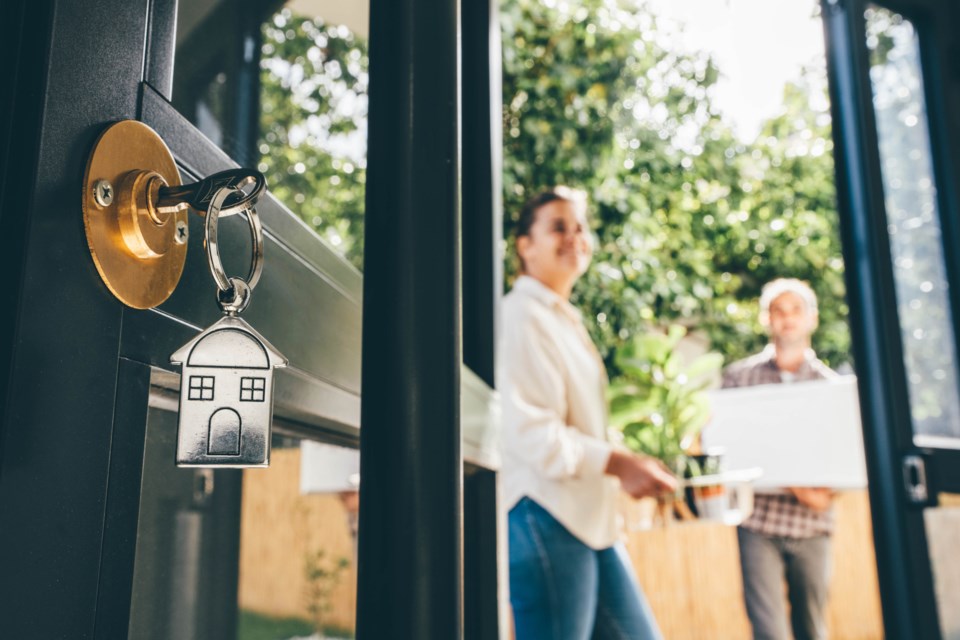For decades, buying a home was one of the central goals for most families and individuals.
And before it turned into "buying a house", building one was part of a life plan for every man, as an old proverb suggests.
At the same time, renting a place has always been an option as well. But as people became more independent, as our individual comfort and success became more valuable, home ownership has been dominating the life to-do lists for several generations.
However, the rapid, implacable growth of housing prices in pretty much every corner of the world left many people, especially younger families, reconsidering the "rent or buy" question.
Several families around me have been on a hunt for their first home for the past couple of years, so even though I've never bought one, willing or not, I also started to delve into the subject. The situation those families find themselves in is a bit different than for many Canadians – they are newcomers, so they have no backup, heritage or extended credit history here; they are older than most locals when they start thinking about their first house; but they are also further in their careers and businesses, even though they had to partially restart here.
And it seemed to me that those circumstances, which make it more difficult for them to get into buying a house it, also makes them look way closer into what they are to do. Even though they are looking for a house in very different communities – size and even province-wise – some questions that have to be answered to decide if they actually should go all the way and become homeowners are very similar.
The average price of a home in Vancouver was $1.3 million in October, which is hard to grasp since the average wage in the same city is just over $69,500, which means home ownership is out of the question for most people there. The average in Calgary, which was traditionally considered one of the most affordable major cities in Canada in the sense of real estate, was $546,000 the same month.
When compared to others, Saskatchewan looks more affordable, with an average home sitting at about $296,000 in October. And Estevan looks even more affordable with a variety of options available in the $175,000-260,000 price range, even in winter.
However, when comparing the house prices to income level now and 40-50 years earlier, the gap is much wider than it used to be, no matter if you are in Estevan or Vancouver.
Renting is often seen as throwing money away, as you write a cheque to a landlord every month without building any equity in your home, which is true. On the other hand, if you look closer at buying a home, you realize there is a lot of money thrown away as well. (Some experts like David Leonhardt, author of Ours Was the Shining Future and a New York Times writer, say it's even more than when you rent, especially if you buy a house to sell it soon).
Outside the high real estate prices, there are many other traps and pitfalls we put into the equation when buying a house. One is the mortgage rate. As of Dec. 10, major banks and credit unions in Saskatchewan had a prime rate of 7.2 per cent, according to Wowa Leads. And even though interest rates have been up for a while, home prices have not come down as much. And usually, in the first few years of owning a house, the buyer almost entirely pays the interest.
There is also a real estate agent's commission, between two and eight per cent in Saskatchewan, which is technically paid by a seller but is often built into the house price. This money the home buyer will never get back, as well as the interest on the mortgage.
Houses also come with their needs, and when owning a place all repairs, small and big, become the owner's responsibility. Ideally, you find your perfect home and just enjoy it. Realistically, most cases I've seen included some renovations upon purchase and in the years following. And even though the value of the house grows over time, so do all other prices, and improvements don't become a major factor in price formation.
And even though with growing real estate prices a house seems like a good investment, apparently if you take your downpayment and invest in the stock market, while it is riskier, over time that investment will make a positive, and more substantial return, according to Leonhardt's data.
But since for years buying a house was a measure of success and almost an intrinsic move everyone had to make, we often want to buy no matter what, even when we can't really afford it. It might be the case of the need to be perceived in a particular way. Or it might just be the inability to do things off the grid.
One way or the other, purchasing a home has become almost out of reach for so many millennials and following generations. It might be the time to change our perception, at least for now.




